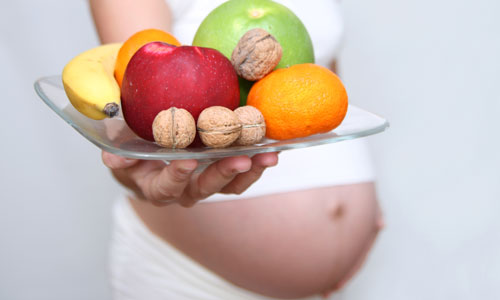One of the best ways to boost fertility and have a healthy pregnancy is to make careful food choices. Nothing is more intimate than to swallow something and then digest it so that it becomes part of you. Yet most of us give little thought to what we eat. In today’s fast-paced lifestyle it’s critical that we also find tips that are practical so that people can incorporate healthy changes with less effort. That’s why when a good study comes along, I feel compelled to share it.
Recently, a study was presented at the American Chemical Society that revealed the potential health benefits of popcorn. Researchers found that popcorn contains more concentrated healthy antioxidants than fresh fruits and vegetables. Whole grains contain a group of chemicals called polyphenols which are able to capture free radicals and therefore protect your DNA and the proteins in your body from damage. More noteworthy, since these polyphenols are not soluble in water, they are more concentrated in dehydrated foods like uncooked popcorn so you get more of them with fewer calories. These are the same chemicals that make wine, tea, and chocolate of interest to health-conscious foodies.
What prompted researchers to investigate popcorn is that now that we know grains contain high concentrations of healthy chemicals and dietary fiber. In fact, popcorn is a completely unprocessed whole grain. As a result, one serving provides people with more than 70% of the minimal recommended daily intake. That’s more than most people in the U.S. get on a daily basis! So that’s another health benefit of this easy-to-find snack.
It is important to pay attention to how popcorn is prepared since that can be its downfall from the wellness promotion aspects. Using too much oil or covering it with the unhealthy fake butter—a.k.a. “movie theatre style”—are the worst ways to prepare a serving of popcorn. Air-popped popcorn is best since it is lowest in calories. Microwave popcorn often contains unhealthy trans fats as well as more calories. A healthy compromise is to cook popcorn on the stove in healthy canola/olive oil blend; about half the calories and the addition of some healthy omega-3 fats. Enjoy!
Robert Greene, M.D., FACOG, is a physician at the CNY Fertility Center in central New York and the author of Perfect Hormone Balance for Fertility, Perfect Hormone Balance for Pregnancy, and Happy Baby, Healthy Mom Pregnancy Journal. You can read Dr. Greene’s blog, The Greene Guide, and follow him on Twitter. This post was first published on Dr. Greene’s blog, and he kindly shared it with ConceiveOnline.com.
